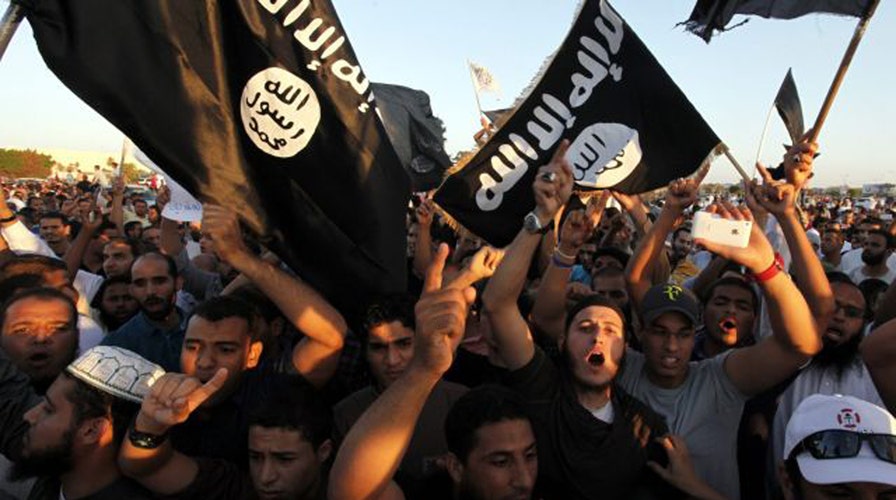Pretty much everyone in the Middle East is supposed to be fighting against Islamic State. Yet, the Sunni extremist group retains large swaths of Syria and Iraq and is spreading elsewhere in the region.
This isn’t because of its military might or strategic sophistication. The explanation is different: For most of the major players in the complicated conflicts ravaging the Middle East, the defeat of Islamic State remains a secondary goal, subordinate to more pressing objectives.
For some of these powers, Islamic State’s existence and its barbarism are actually useful, for now, because they serve as a lever in conflicts with more immediate and dangerous foes.
Though able to take advantage of sectarian fissures in Syrian and Iraqi societies to carve out a territory the size of the U.K., Islamic State, also known as ISIS or ISIL, isn’t strong enough to represent a conventional military threat to the region’s biggest nations.
But these countries do live in existential fear of some of their neighbors.
In particular, the Saudi-led bloc of Sunni Arab nations bitterly competes with Shiite-dominated Iran in what has become a zero-sum contest for influence—a contest that Russia has now entered on the Shiite side by supporting the Syrian regime.
That contest is also playing out in Yemen, where a Saudi-led coalition has been battling Iran-supported Houthi militants while Islamic State affiliates strengthen their position and attack both sides.
“Everyone hates their neighbor more than they hate ISIL,” said a senior Obama administration official.
Among the powers involved in the conflict, the U.S. is probably the only one, together with its European allies, focused on degrading and eventually destroying Islamic State as a primary goal.
But that effort, too is subordinated to the Obama administration’s overriding concern about preventing American casualties. This severely limits America’s ability to help forces fighting against Islamic State. It has also given rise to widespread theories claiming that Washington, too, doesn’t actually want the group to be defeated because it supposedly seeks to perpetuate regional instability.
The gap between American objectives and means has bolstered Islamic State’s narrative of invincibility, allowing it to draw thousands of recruits.

